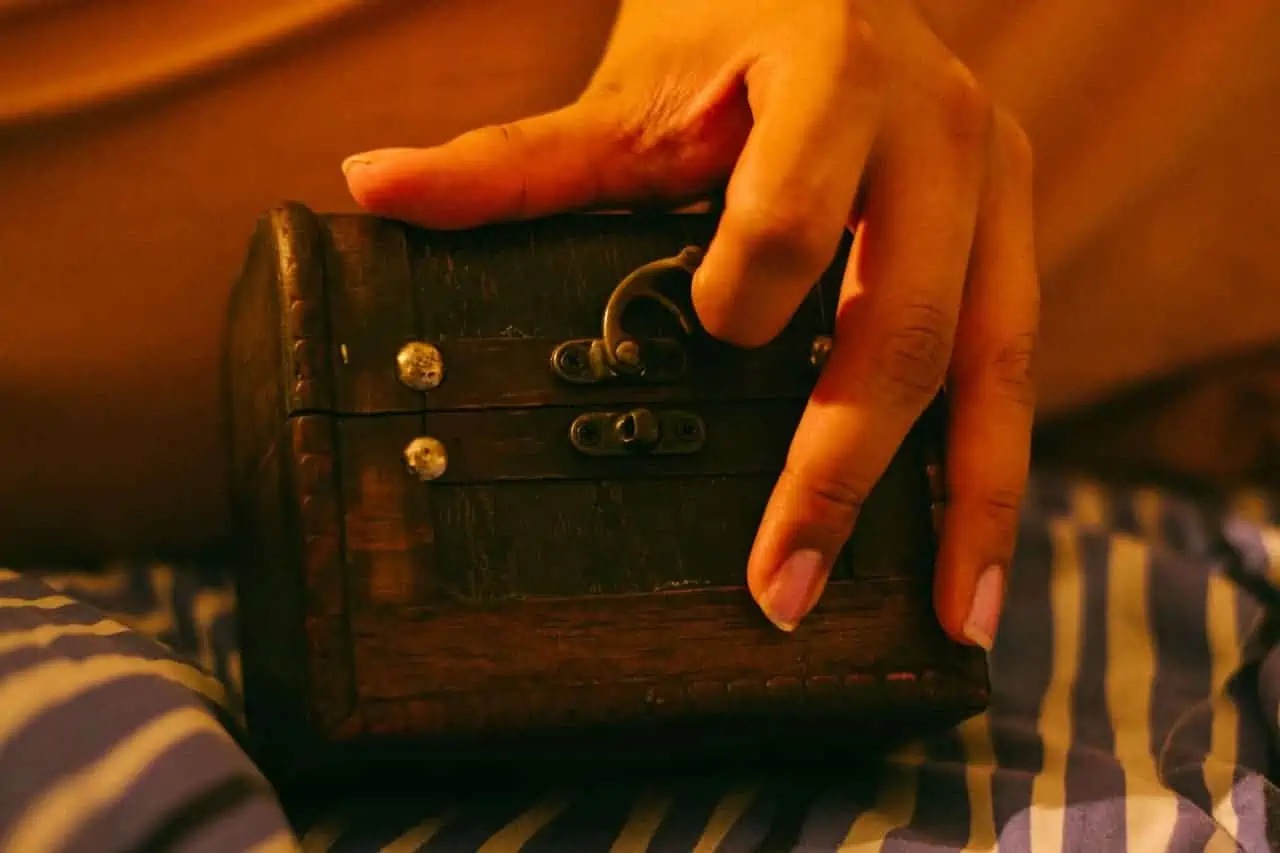What is a discretionary trust?
There are many reasons why you as a parent may be worried about your adult son or daughter inheriting money. A discretionary trust is a practical way of giving you peace of mind and can help in the following situations:
-
- If you have a son or daughter who is in an unstable marriage. You maybe concerned that his/her inheritance will be lost in a divorce settlement. As the money is held by trustees and not an asset belonging to your son/daughter, the timing of when money is released could protect his/her inheritance.
- If gambling, debt or has difficulty managing money are issues, a discretionary trust can help to control access to money and preserve inheritance.
- If your son or daughter has learning needs or is vulnerable to negative influences from other people then a discretionary trust is a safeguard
- If you have a son or daughter with a disability setting up a discretionary trust can help prevent loss of benefits and continuity of support.
- If there is a history of drug or alcohol misuse then you may worry that your money will be squandered or put your son/daughter at greater risk if he/she receives a lump sum.
In these situations, an effective response is to include a discretionary trust within your Will.
To give an example of how this would work, let’s say Mr. and Mrs. Jones have three children: David, Sarah, and Michael. Michael has a history of substance misuse and lives a chaotic lifestyle. If he were to receive a third share of their estate, Mr. and Mrs. Jones know that the money would quickly be spent on drugs and alcohol. To avoid this or cutting their son out of their Will altogether, Mr. and Mrs. Jones place a 1/3 of their estate in a discretionary trust.
Trustees
They appoint trustees to look after the money for Michael and give them the discretion to make choices about how the money is managed. In this case, Mr. and Mrs. Jones appoint Michael’s Uncle and Aunt to be the trustees. They consider them to have the right qualities to be a trustee. They also feel it is better to avoid involving Sarah and David to avoid potential conflict with their brother.
How the Discretionary Trust works
When Mr. and Mrs. Jones die, the money entering the trust could be used to buy a property or pay rent for Michael rather than give it to him directly. If Michael’s lifestyle is more stable, the trustees could decide to give him a regular allowance or a lump sum if they felt it appropriate. Alternatively, if Michael’s situation worsened, the trustees could pay for medical treatment (should he want this) but also have the discretion not to make any payment at all from the trust fund. This example demonstrates the flexibility within the scope of the Discretionary Trust. The trustees are able to respond in a way that best fits the situation. Once Michael has passed away, then any money remaining in the trust fund would go to his brother and sister.
This example is just one of the ways that a discretionary trust can be beneficial. If you would like a no-obligation consultation to discuss how a discretionary trust may benefit your family then please contact Claudine Jackson on 0115 8461446 or 07725403584, email cjackson@jwals.co.uk or use the form below






